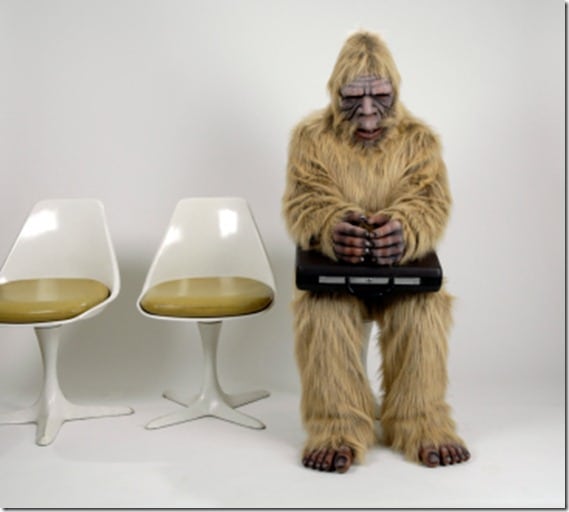George’s Safety Reflections – more Here
Interviews For Safety Jobs
Major tip
Recruitment & selection uses “Past behaviour predicts future behaviour” The idea is to give plenty of examples of where in the past you have successfully done the sort of things that you will be required to do in the new job. Say what you did, how you did it and what were the results.
The interview
An important tip for interviews is to project an image that you are highly interested in the job and that you are generally high energy in your approach.
Government jobs usually stick to questions based on the selection criteria. Generally I would go to the interview with 2 examples of how I had successfully implemented the things in each of the selection criteria.
Prior to an important job interview you should have a mock interview with friends.
It is a good idea to think about what some of the questions you are likely to be asked are and have a prepared answer in your head.
Towards the end of the interview you may be asked if you have any questions, have some prepared questions and do not take this lightly as it is an important part of the interview.
Arrive in plenty of time to get yourself organised.
Leave home in time to allow for a flat tyre or the bus being late.
Always make an effort to appear clean & smart.
If you smoke lay off the fags at least 30 minutes before the interview and / or use a breath freshener. If it is a no smoking site they may wonder how you will survive all day without a smoke.
It is a really good idea not to turn up for interview drunk (saw it happen once) or otherwise smelling of grog. Some interviewers, particularly women, have an acute sense of smell.
Speak professionally, do not swear or use slang.
Listen carefully to the questions being asked and make sure your replies do not go off on tangents.
If possible try to bring along a number of good examples of your previous work.
Always ask for confirmation of verbal arrangements with a letter or e-mail.
There will be times the interview does not “click” as far as communications and interpersonal issues go, there could be lots of reasons for this that have nothing to do with your abilities.
Get specific instructions on how to find the place where the interview will be conducted, advice on parking may be appropriate.
Try to find out the names and positions of those who will interview you, helps you to pitch your responses at the right level.
A security blanket for many employers is experience in their industry. If you do not have experience in their industry put a bit of work showing how experience in your industry is relevant to theirs.
The person who will make or break a job for you will be your supervisor. He or she will probably be an interviewer, make sure you are happy with their communications and interpersonal skills.
A lot of employers realise that an interview, in isolation, may not give a good result and will ask you for a demonstration of your skills.
Employers will be impressed by enthusiasm, you cannot possibly know everything they will want you to know but if you demonstrate a keenness to learn that is a lot of the battle.
Like many things in life getting a job follows the 7 P rule (Prior Preparation and Planning Prevents Piss Poor Performance)
Once you have the interview it is always a good idea to ring and thank them for the interview, confirms your interest in the job, allows clarification of things unsure about and gives you a chance to expand on things you forgot to say at the interview.
A good general rule in life and particularly with job interviews is to avoid discussion on sex, religion and politics. If you do not know your audience discussion on these topics can be disastrous. Sometimes people will say something controversial to see how you react.




Do you have any thoughts? Please share them below